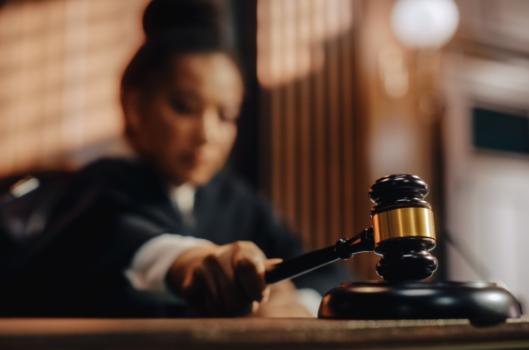
The somewhat narrow ruling prohibits the EPA from using nonspecific requirements in its permits which make the permittee liable for the resulting condition of the receiving body of water.
Summary: The U.S. Supreme Court has restricted the Environmental Protection Agency’s options for controlling wastewater dischargers under the Clean Water Act in a decision issued March 4, 2025. The somewhat narrow ruling prohibits the EPA from using nonspecific requirements in its permits which make the permittee liable for the resulting condition of the receiving body of water.
Temecula, Calif. (March 6, 2025) - On March 4, 2025, the U.S. Supreme Court issued an opinion limiting what the EPA can require in its National Pollutant Discharge Elimination System (NPDES) permits regulating the discharge of pollutants into United States waters. In City and County of San Francisco, California v. Environmental Protection Agency, No. 23-753, the Court held in a 5-4 decision that the Clean Water Act does not authorize the EPA to issue a NPDES permit that not only dictates what steps the permittee must take to meet water quality standards, but also makes the permittee responsible for the “end result” quality of the receiving body of water.
Reprinted courtesy of Edward J. Corwin, Lewis Brisbois and Samuel Alhadeff, Lewis Brisbois
Mr. Corwin may be contacted at Edward.Corwin@lewisbrisbois.com
Mr. Alhadeff may be contacted at Samuel.Alhadeff@lewisbrisbois.com